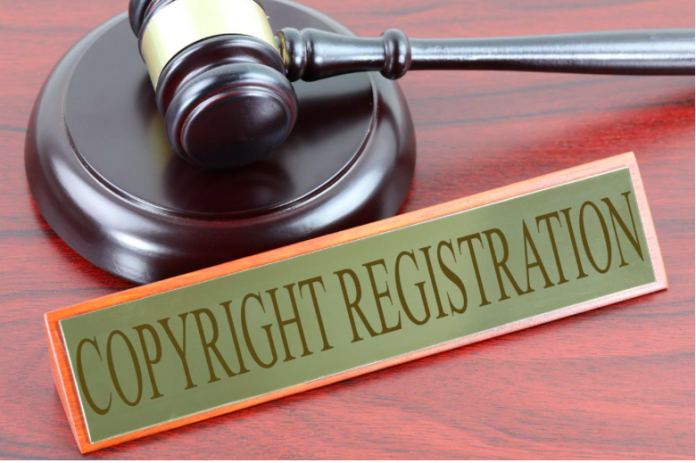“Gupta Pawan and Co. offers expert guidance and assistance in the copyright registration process, ensuring that clients’ creative works are legally protected. With a keen understanding of intellectual property laws, our team navigates the intricate procedures efficiently, securing copyrights for literary, artistic, musical, and other original creations. We prioritize safeguarding our clients’ rights and interests, providing personalized support tailored to their specific needs and aspirations. Trust Gupta Pawan and Co. to safeguard your creative endeavors through comprehensive copyright registration services.”
Copyright Registration
Copyright registration is the legal process of formally documenting ownership of creative works, such as literature, music, art, and software. By registering a copyright, creators gain legal protection against unauthorized use, reproduction, or distribution of their work. This process provides evidence of ownership and facilitates enforcement of rights in case of infringement. Through copyright registration, creators secure their intellectual property and safeguard their rights in the digital age.
Want Registration ?
Copyright Registration Process
The copyright registration process involves several steps:
Preparation: Gather all necessary materials, including the work itself (e.g., manuscript, recording), any relevant documentation, and information about the author or creator.
Application Form: Complete the appropriate copyright application form provided by the relevant copyright office. This form typically requires details about the work, such as title, authorship, publication information, and desired copyright ownership.
Deposit: Submit a copy of the work being registered along with the application. This copy serves as evidence of the work and may vary depending on the type of work (e.g., manuscript, audio recording, visual artwork).
Filing Fee: Pay the required filing fee, which varies depending on the jurisdiction and type of work being registered. Some copyright offices offer discounts for electronic filing or certain categories of creators.
Review and Processing: The copyright office will review the application, checking for completeness and accuracy. They may correspond with the applicant for any necessary clarifications or additional information.
Copyright Certificate: Once the application is approved and processed, the copyright office issues a copyright certificate to the applicant. This certificate serves as official documentation of the copyright registration and includes details such as the title of the work, authorship, registration number, and effective date.
Protection: With the copyright registration in place, the owner has legal evidence of their rights and can enforce them in cases of infringement. This may include pursuing legal action against individuals or entities that use the work without permission.
It’s important to note that the copyright registration process may vary slightly depending on the jurisdiction and specific requirements of the copyright office. It’s advisable to consult the relevant copyright office or seek legal advice for guidance tailored to your situation.

Copyright Registration in India
1. Eligibility:
- Any individual or entity holding rights to a creative work can apply.
- Eligible works include literary, artistic, musical, and software creations.
2. Application Form:
- Different forms for various types of works (literary, artistic, musical, etc.).
- Obtainable from the Copyright Office website or physically from their offices.
3. Supporting Documents:
- Copies of the work being registered required.
- Examples: manuscripts, photographs, recordings, source code, etc.
4. Filing Fee:
- Fee varies based on the type of work and method of filing (online or offline).
- Discounts available for specific categories like individuals or educational institutions.
5. Submission:
- Application, supporting documents, and filing fee submitted electronically or physically.
- Physical submission possible at Copyright Office offices across major Indian cities.
6. Examination:
- Copyright Office examines the application for completeness and eligibility.
- Correspondence may occur for clarifications or additional information.
7. Registration Certificate:
- Upon approval, Copyright Office issues a registration certificate.
- Certificate includes details like title, authorship, registration number, and effective date.
8. Protection:
- Copyright registration provides legal evidence of ownership.
- Enables enforcement against infringement through legal action.
- Remedies include injunctions, damages, or account of profits.
Registering copyrights in India ensures proper protection of intellectual property rights and facilitates enforcement against infringement.
